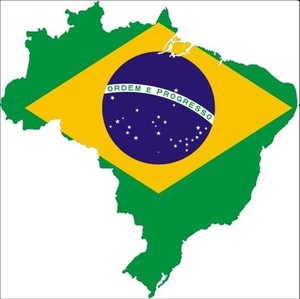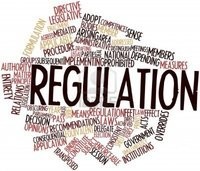Retail pharmaceutical sales in Brazil have an average annual growth rate of 12.48% and have increased from US$7.9 billion in 2005 to US$28.02 billion in 2014. In 2008, Brazil was rated as the 10th largest market for pharmaceuticals, but by 2013 the country was ranked at No. 6 and by 2018 it is expected to reach No. 4 in the world [1].
Growing demand for expensive biologicals is putting a strain on Brazil’s National Public Healthcare System SUS (Sistema Único de Saúde). In 2015, biologicals made up 36% of spending on pharmaceuticals in Brazil. In order to reduce healthcare costs in Brazil, the Brazilian Government is actively encouraging local production of follow-on biological products via its Productive Development Partnership (Parcerias para Desenvolvimento Produtivo: PDP) initiative.
‘PDPs are partnerships performed between public institutions and private entities with a view to access priority technologies, reduction of long view to access priority technologies, reduction of long-term Unified Health System (SUS) vulnerability and rationalization price decreasing of strategic health products, with the commitment to internalize and develop new high-value strategic technologies’ [2].
The Brazilian Ministry of Health (Ministério da Saúde) will purchase biologicals from companies carrying out the full manufacturing process in Brazil. The purchase is through a public laboratory that is also required to internalize the technology of the entire manufacturing process. Defined market share for up to10 years. Prices are required to fall by 5% per year. The full manufacturing process has to be established within the contract period.
In June 2013, the Ministry of Health announced 27 new partnerships between public and private laboratories resulting in domestic production of 14 biologicals. By 2015, such partnerships were expected to allow 25 biologicals to be manufactured locally [3]. Products from PDPs made up 24.83% of Brazilian Ministry of Health acquisitions in July 2015.
Companies taking part in PDPs in Brazil include Merck Serono (etanercept, rituximab, trastuzumab), mAbxience (etanercept, rituximab, trastuzumab), Alteogen (etanercept, trastuzumab) and Biocad (rituximab, trastuzumab).
Editor’s comment
It should be noted that ‘follow-on biological products’ approved in Brazil might not have been authorized following as strict a regulatory process as is required for approval of biosimilars in the European Union. The EMA (European Medicines Agency) regulatory requirements ensure the same high standards of quality, safety and efficacy for biosimilars as for originator biologicals, and also include a rigorous comparability exercise with the reference product.
Related articles
Regulatory pathways for approval of biological products in Brazil
Regulation of follow-on biological products in Brazil
Brazil looks to follow-on biological products to contain costs
References
1. Simpson A. Brazil’s emerging biosimilar scenario. 7th Annual Biosimilars Europe; 29−30 September 2016; London, UK.
2. Huiguo Hu F. Strategies to enter the emerging markets for biosimilars. 7th Annual Biosimilars Europe; 29−30 September 2016; London, UK.
3. GaBI Online - Generics and Biosimilars Initiative. Merck Serono to transfer technology for six similar biotherapeutic products to Brazil [www.gabionline.net]. Mol, Belgium: Pro Pharma Communications International; [cited 2017 Sep 1]. Available from: www.gabionline.net/Biosimilars/News/Merck-Serono-to-transfer-technology-for-six-similar-biotherapeutic-products-to-Brazil
Permission granted to reproduce for personal and non-commercial use only. All other reproduction, copy or reprinting of all or part of any ‘Content’ found on this website is strictly prohibited without the prior consent of the publisher. Contact the publisher to obtain permission before redistributing.
Copyright – Unless otherwise stated all contents of this website are © 2017 Pro Pharma Communications International. All Rights Reserved.








 0
0











Post your comment